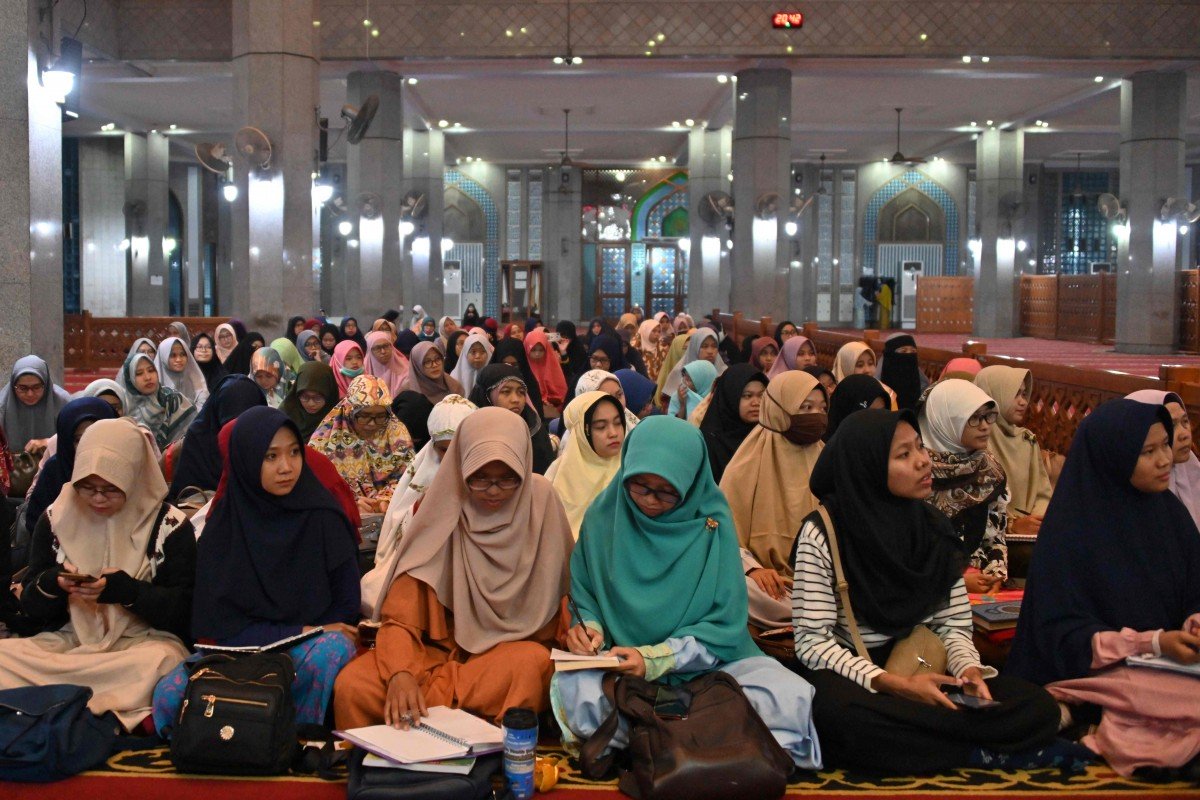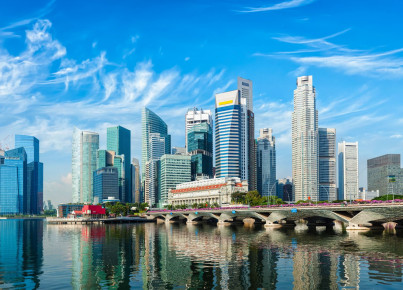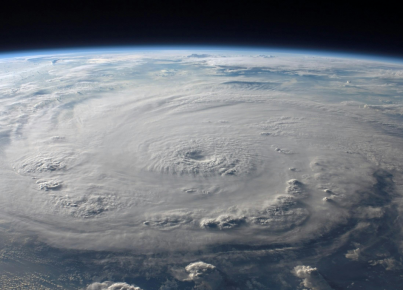Despite the importance of religious syncretism to the country, Islam is a fundamental component in Indonesian culture, society, and politics.
Indonesia is the most populous Muslim-majority country in the world, with 86.7% of the population identifying as Muslim and more than 231 million worshippers.
Much of the population follows traditional Sunni Islam, but with a generally moderate interpretation, in line with the "Pancasila," or Indonesia's fundamental belief that remains the basis of its traditional tolerance and fundamentally refers to belief in God, humanity, Indonesia's national unity, democracy and social justice.
This moderate Islamic culture was strongly advocated by General Suharto and is still promoted by associations such as Nahdlatul Ulama, founded in 1926 precisely in reaction to the Saudi conquest of Mecca and Medina and its rigid understanding of Islam. These associations have a widespread presence in Indonesia, mainly in the areas of Java, Sumatra and Sulawesi, and have made important social contributions to the development of education in remote and underdeveloped communities. For example, there is a dense network of Islamic schools, the so-called "madrasas", which coexist in parallel with public schools and play an important role in promoting education, especially for women, in rural villages. Although the debate is open about their actual quality, Indonesian madrasas have achieved gender parity in school enrollment and represent a low-cost solution to extend education to those segments of the population often excluded.
Moreover, even public schools, secular by law, are beginning to be influenced by Islamic culture. In many schools, in fact, as well as in public offices in regions with a Muslim majority, there is a more or less explicit obligation to wear headgear such as the jilbab even for citizens of other religious beliefs. Even when the regulation does not legally require the jilbab, very often pressure has been put on girls or their families to wear it, with the argument by advocates that these measures are necessary to address issues such as poverty, teen pregnancy, and Internet pornography. Such dynamics have, however, sparked outrage, mostly expressed on social media, from some non-Muslim citizens, so much so that last February the government issued a decree prohibiting public schools from making religious clothing mandatory for teachers and students, in the government's latest apparent attempt to combat a growing influence of Islamic groups in local and internal affairs.
However, this is not the first time that some Islamic-based groups have attempted to influence the country's customs and politics. In fact, in 2016, the Indonesian Ulema Council, the country's largest body of Islamic clerics, issued a religious edict, also known as a fatwa, prohibiting Muslims from wearing Christmas-themed clothing, particularly those who work in shopping malls, department stores and restaurants. In addition, conservative Islamic movements are beginning to oppose dating, which might lead young men and women to the temptation of premarital relationships, prohibited in Islam. In this regard, real dating sites have sprung up to train aspiring couples who want to get married, choosing to postpone the initial acquaintance phase until after the wedding. These platforms are having a huge success: the most popular, Indonesia Tanpa Pacaran (literally: Indonesia without dating) has reached in a few years almost a million followers.
Surprisingly, however, the return to a more conservative Islam is coming from young people: a survey conducted by the Alvara Agency in 2019 shows that Indonesians aged 14-29 tend to have much more extreme conservative positions than those who are older. The popularity of hijrah (repentance for non-Islamic behavior) gives a measure of how much Islam has changed in Indonesia since the Suharto regime.






